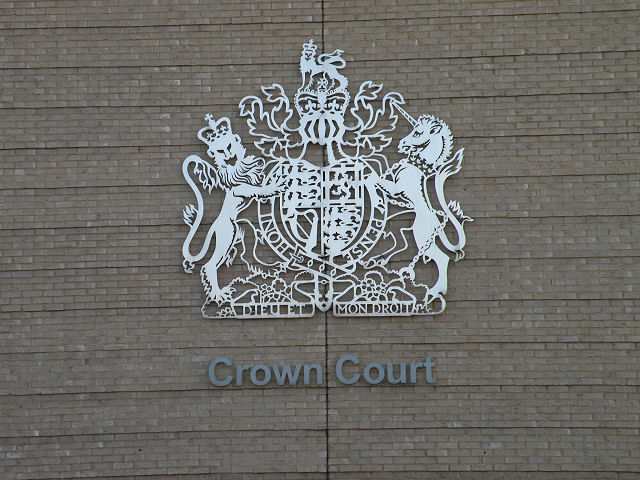 The partnership between the Crown Prosecution Service (CPS) and the police is vital to the prosecution process in the United Kingdom. In order for a prosecution to proceed against a person, company or institution, the police must first gather all the information and evidence necessary to support a criminal investigation, and the CPS will then use this information to decide whether or not the prosecution should go ahead.
The partnership between the Crown Prosecution Service (CPS) and the police is vital to the prosecution process in the United Kingdom. In order for a prosecution to proceed against a person, company or institution, the police must first gather all the information and evidence necessary to support a criminal investigation, and the CPS will then use this information to decide whether or not the prosecution should go ahead.
If the case is taken forward, the police will also be largely responsible for the smooth running of the prosecution process at a basic level. They will be the ones to warn witnesses that they need to attend court. They will also be in charge of recording witness statements, of keeping the victims up to date as the case progresses, and of finding, securing and storing crucial evidence whilst the prosecution is underway.
In simple terms, according to the current system of public prosecutions, the police must first gather as much evidence as possible to present the case for prosecution, and the CPS will then review all the information provided and come to a decision as to whether or not to prosecute. When making the decision to prosecute someone who the police have charged with a criminal offence, the CPS will have to take into account several factors.
The CPS will first assess the evidence provided on a simple basis and then answer this basic question: Is there enough evidence to make a conviction at court a likely outcome? It does not matter how serious or important the trial or the charge is; if there is not enough evidence to make a conviction of the accused party likely in court, the CPS will not let the case go forward. If the CPS rules that there is enough evidence to make a conviction a probable outcome, they must then assess the case on the grounds of public interest. If they decide that it is not in the public interest for a case to go to court, then proceedings will not be taken further and all charges could be dropped.
Both the police and the CPS have been criticised on many occasions in their handling of cases which are ‘discontinued’ or do not make it to court. In 2012, it was estimated that these cases cost the UK taxpayers £25 million a year and that one in ten cases presented to the CPS were not pursued any further.
There are two schools of thought when it comes to working out who is to blame in this situation. Police are often accused of presenting cases to the CPS without first obtaining a sufficient amount of evidence. The police have also been criticised on multiple occasion by people claiming that the police should know whether a case is likely to be accepted by the CPS or not, and that furthermore when the police know that there is insufficient evidence for prosecution, they should not present the case in the first place.
But it is not that simple. The CPS has been found to refuse a large number of cases on public interest grounds. As many as 20,000 cases a year are presented to the CPS with enough evidence to easily secure a conviction, and yet charges are dropped because the CPS rules that it would not be in the public interest for the convictions to be carried out. The police cannot make this decision on behalf of the CPS and therefore have no way of preventing these cases from being presented as cases for prosecution. The CPS claims to act in the best interests of the general public, but on many occasions this has been seen as a gross miscarriage of justice.
The two institutions rely on each other heavily throughout the whole of the prosecution process, and yet both try to blame each other for the inaccuracies in the system. It seems that there are possibilities for improvement on both sides of the argument and that measures should be taken by both organisations to increase the rate of cases presented to the CPS which go on to court.

